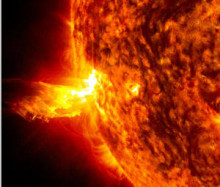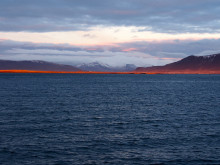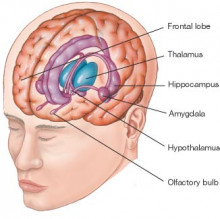Light completely stopped for a record-breaking minute
The fastest thing in the universe has come to a complete stop for a record-breaking minute. At full pelt, light would travel about 18 million kilometres in that time – that's more than 20 round trips to the moon.
"One minute is extremely, extremely long," says Thomas Krauss at the University of St Andrews, UK. "This is indeed a major milestone."













































































